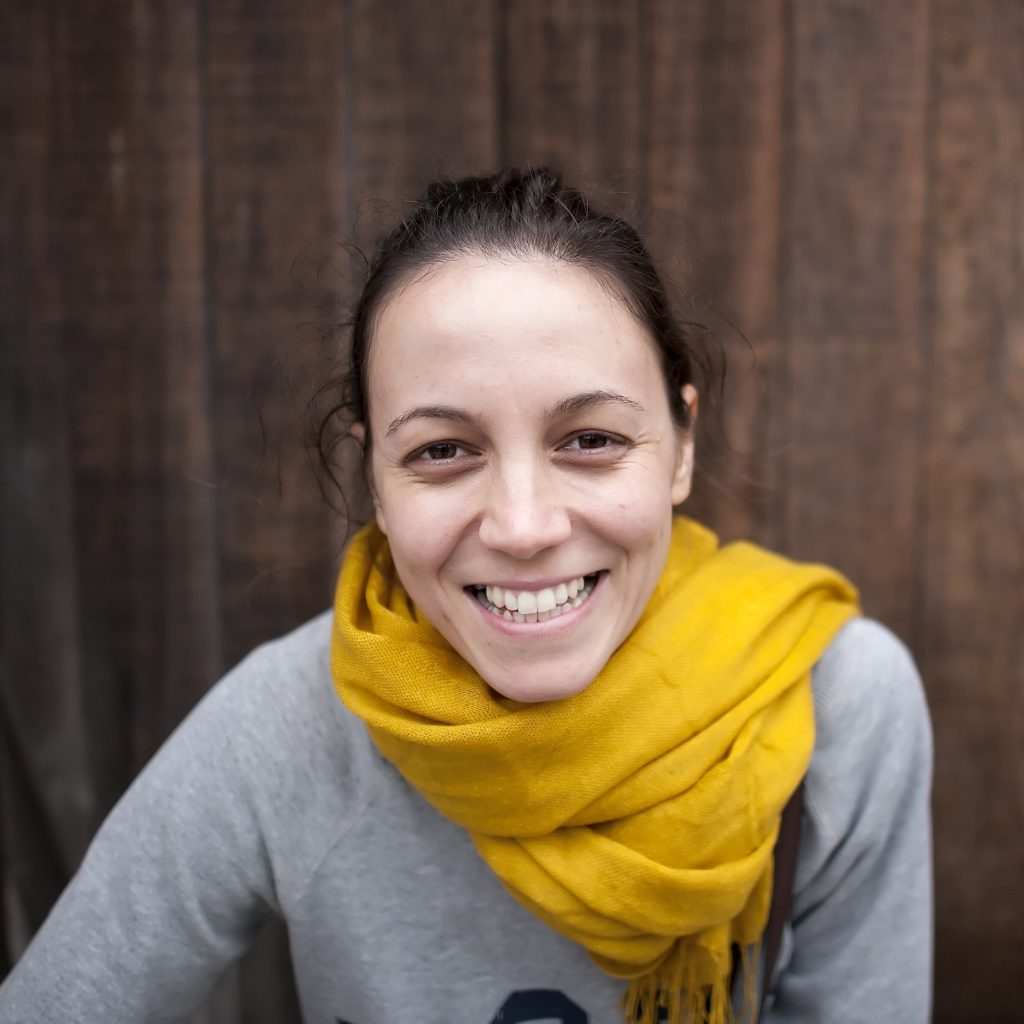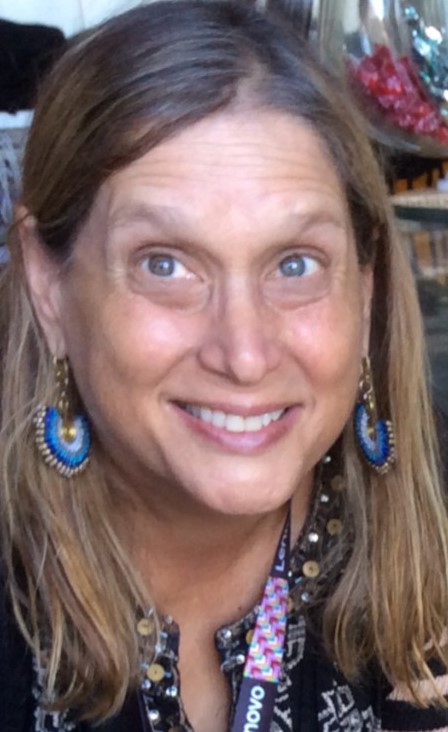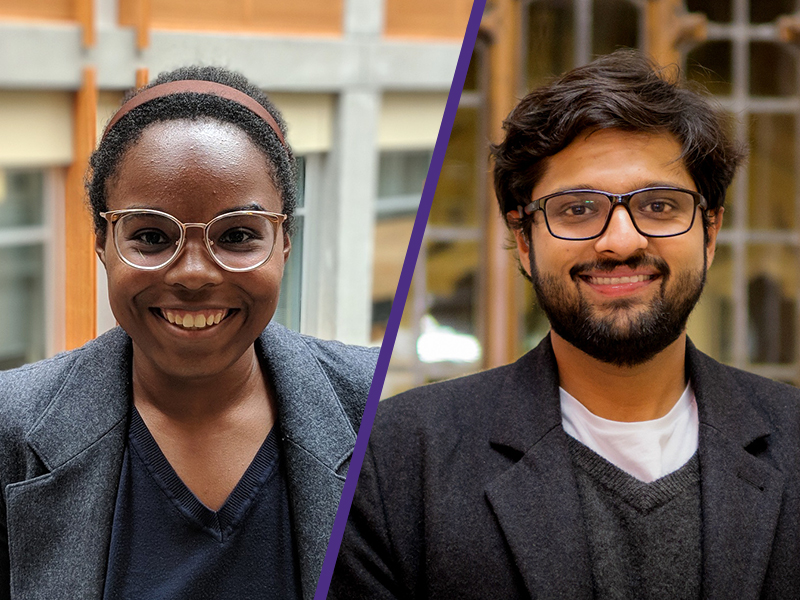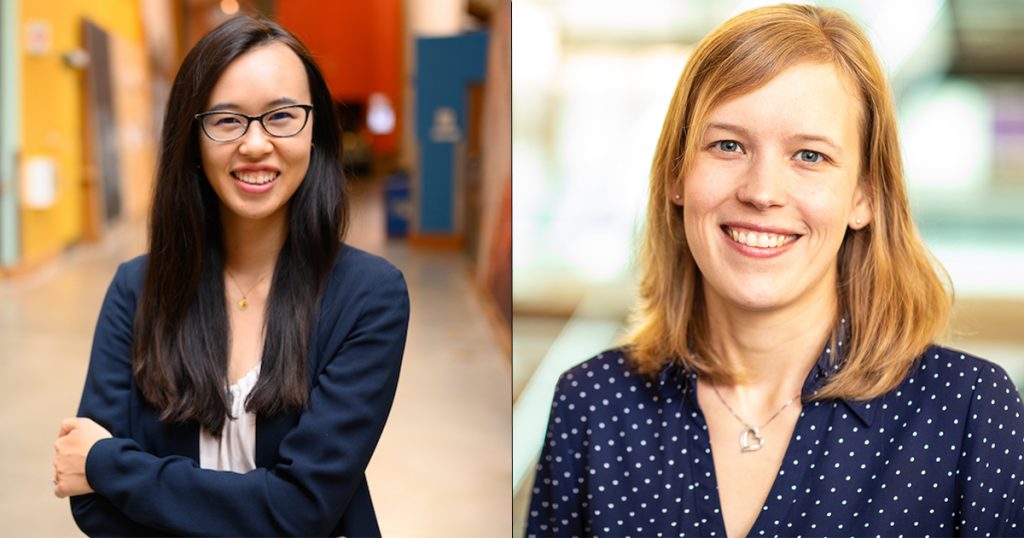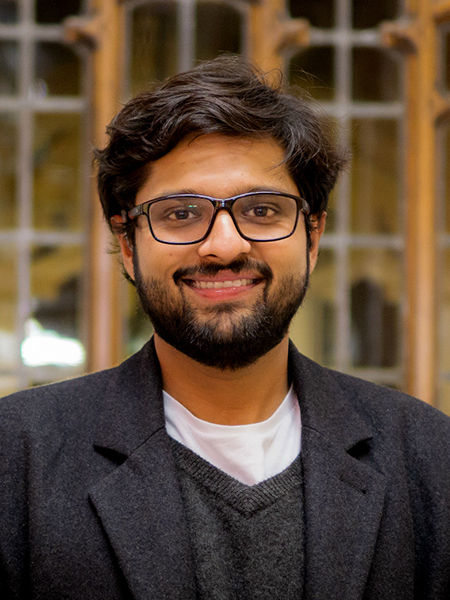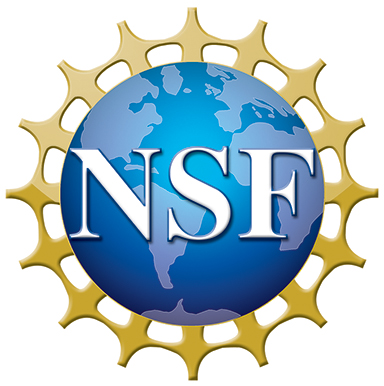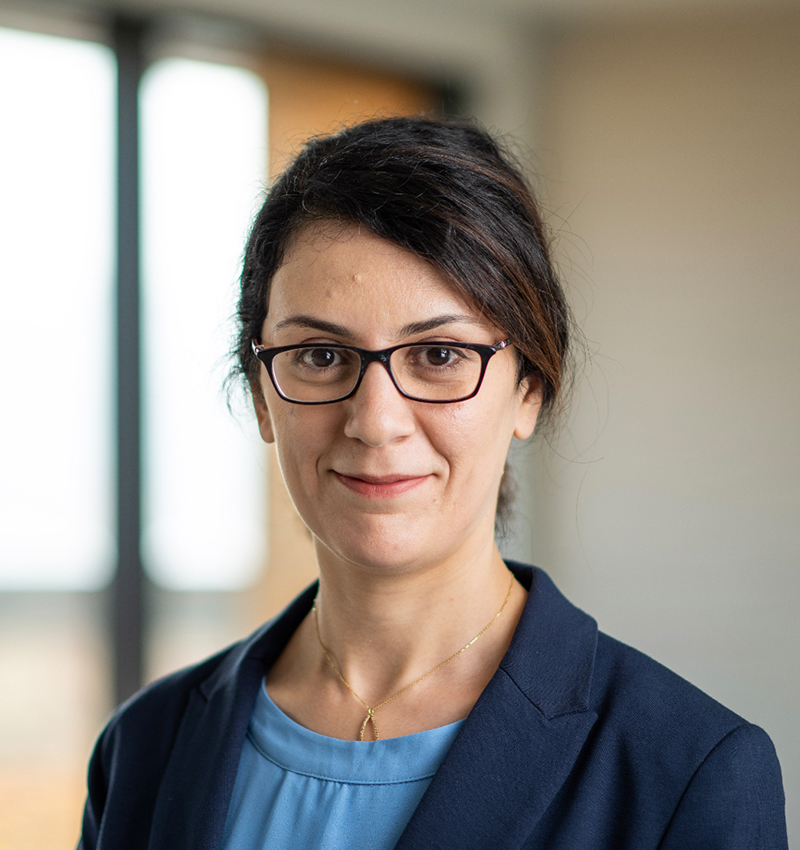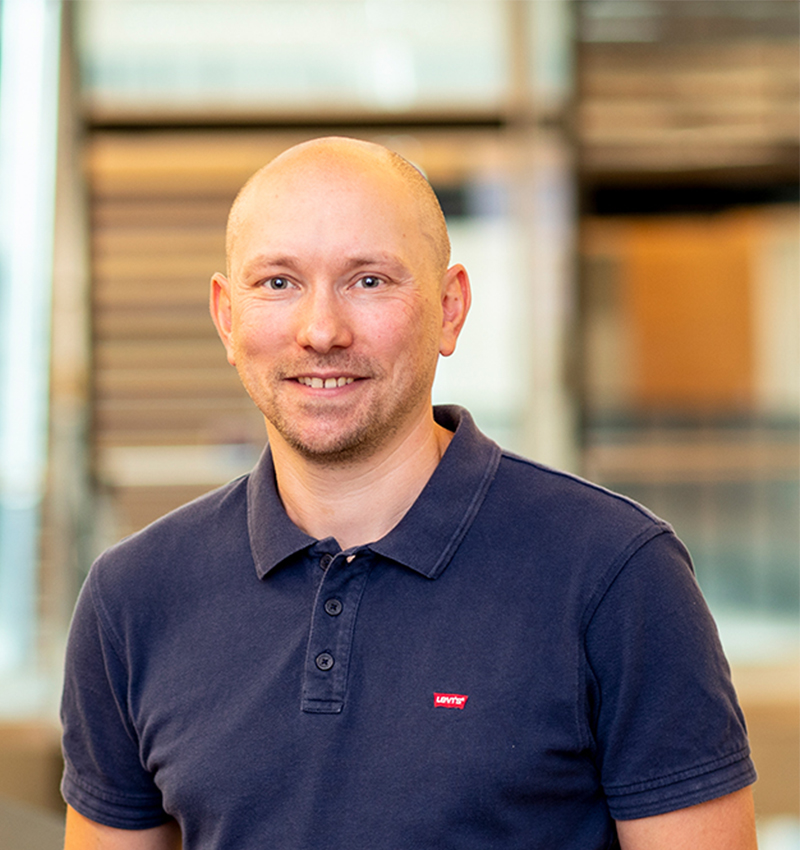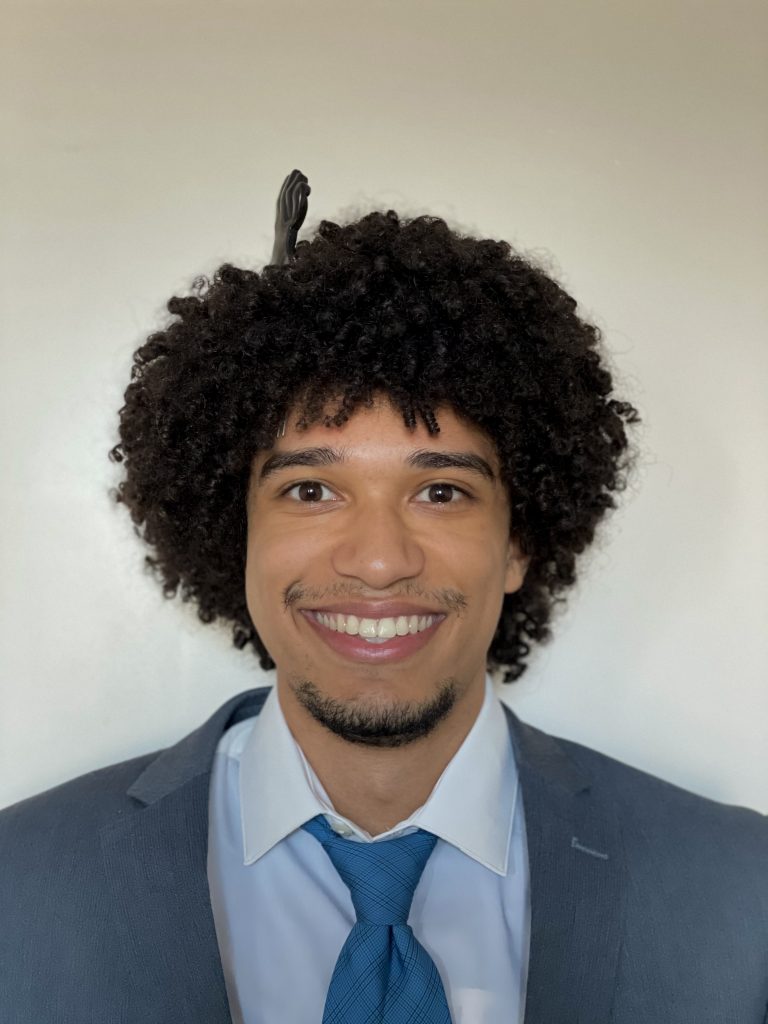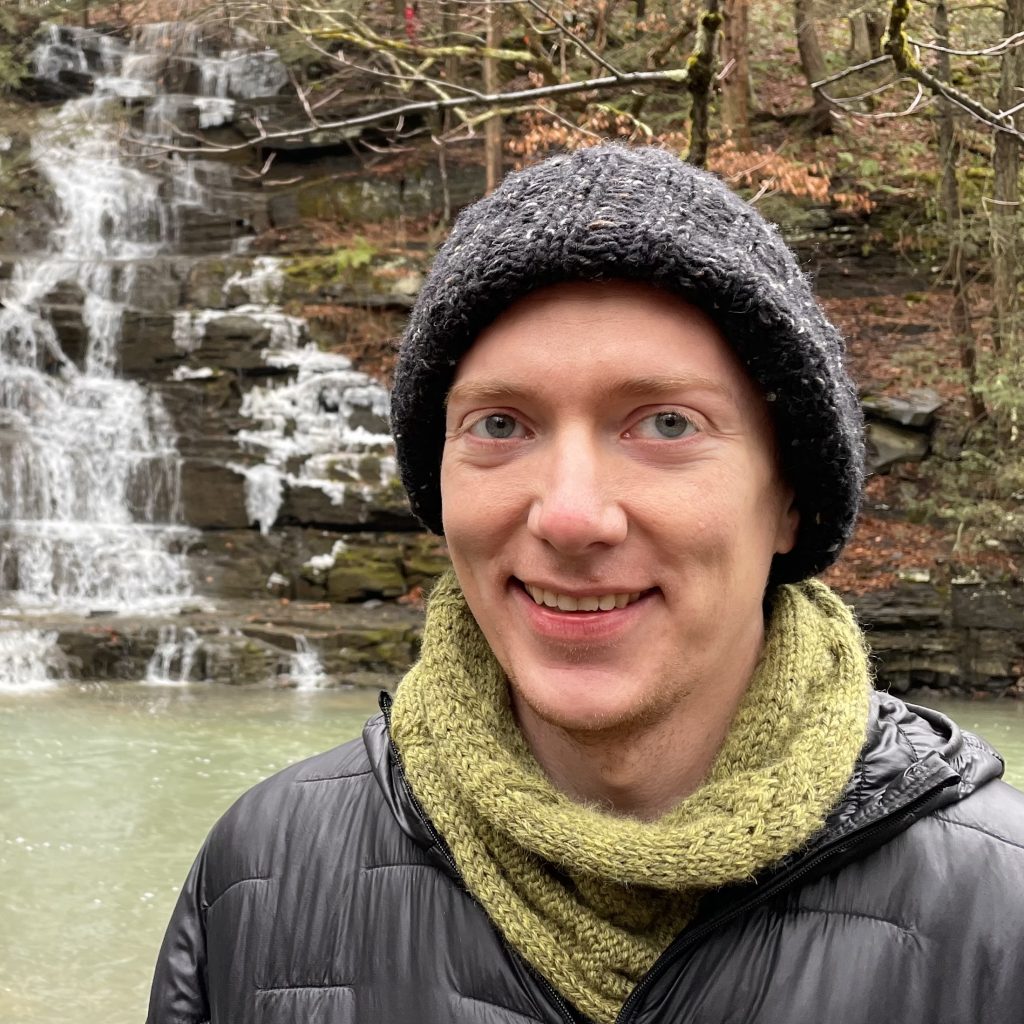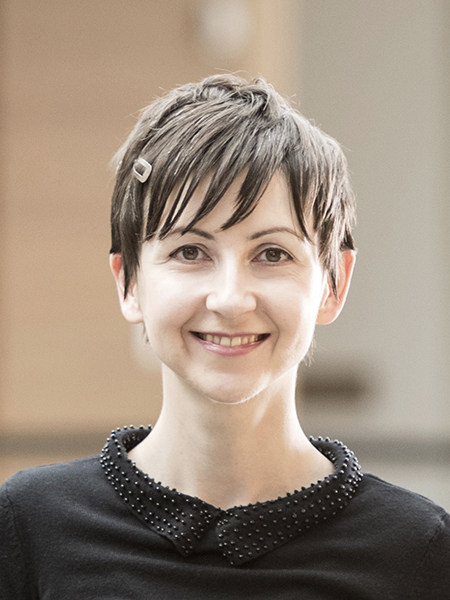Allen School professor Jeffrey Heer, who leads the Interactive Data Lab, received a Test of Time Award at the 2021 IEEE Visualization & Visual Analytics Conference for his work on “D3: Data-Driven Documents.” In the winning paper, which was published in IEEE Transactions on Visualization and Computer Graphics in 2011, Heer and his colleagues propose a new framework called D3 to create a representation-transparent approach to visualization for the web. The team’s work has been cited more than 3,300 times and is lauded as helping bring data visualization to the mainstream.
Heer, who holds the Jerre D. Noe Endowed Professorship at the Allen School, co-authored the paper while a professor at Stanford University. The project was led by first author Mike Bostock, Heer’s former Ph.D. student, who spent the last 10 years continuing to develop D3, author hundreds of examples, and support the D3 user community. Co-author and graduate student Vadim Ogievetsky helped to develop and evaluate the system. The result was a novel approach to create web-based visualizations by flexibly binding data directly to document elements.
“I’m so excited to see D3 honored at IEEE VIS,” said Heer. “I don’t see this as just an award for 10-year-old work. I see it as a recognition of 10 years of incredible effort by Mike and others, alongside an outpouring of teaching and sharing by visualization creators and researchers. It has been a thrill to help web-based visualization come of age.”
D3, a de facto standard for interactive visualizations on the web, is an approach that helps turn data into powerful visualizations using HTML, SVG and CSS. In the paper, the team shows how representational transparency improves expressiveness and better integrates with developer tools. D3 also simplifies debugging and allows iterative development. Designers using the framework input data into their document to generate and modify visual content, providing a compelling way for web developers to enable interactive visualizations. As a free and open-source tool, D3 changed the field of data visualization research and practical uptake of interactive visualization on the web.
D3 sits atop years of visualization systems research, building on ideas from Bostock and Heer’s earlier Protovis toolkit, as well as Heer’s prior Prefuse and Flare frameworks. This line of work has continued at the Allen School, resulting in visualization languages such as Vega and Vega-Lite.
Since the paper’s initial publication, Heer joined the Allen School faculty and has been recognized with the Association for Computing Machinery’s ACM Grace Murray Hopper Award, the IEEE Visualization Technical Achievement Award, Best Paper Awards at the ACM Conference on Human Factors in Computing (CHI), EuroVis and IEEE InfoVis conferences, and another IEEE InfoVis 10-Year Test-of-Time Award. After Ogievetsky earned his Master’s from Stanford, he went on to co-found Imply, a multi-cloud data platform, while Bostock worked at the New York Times to create data-rich stories using D3 before going on to form Observable, a provider of web-based computational notebooks for data analysis, visualization and more.
Read the award citation here and the research paper here.
Congratulations to Jeff and his co-authors!



